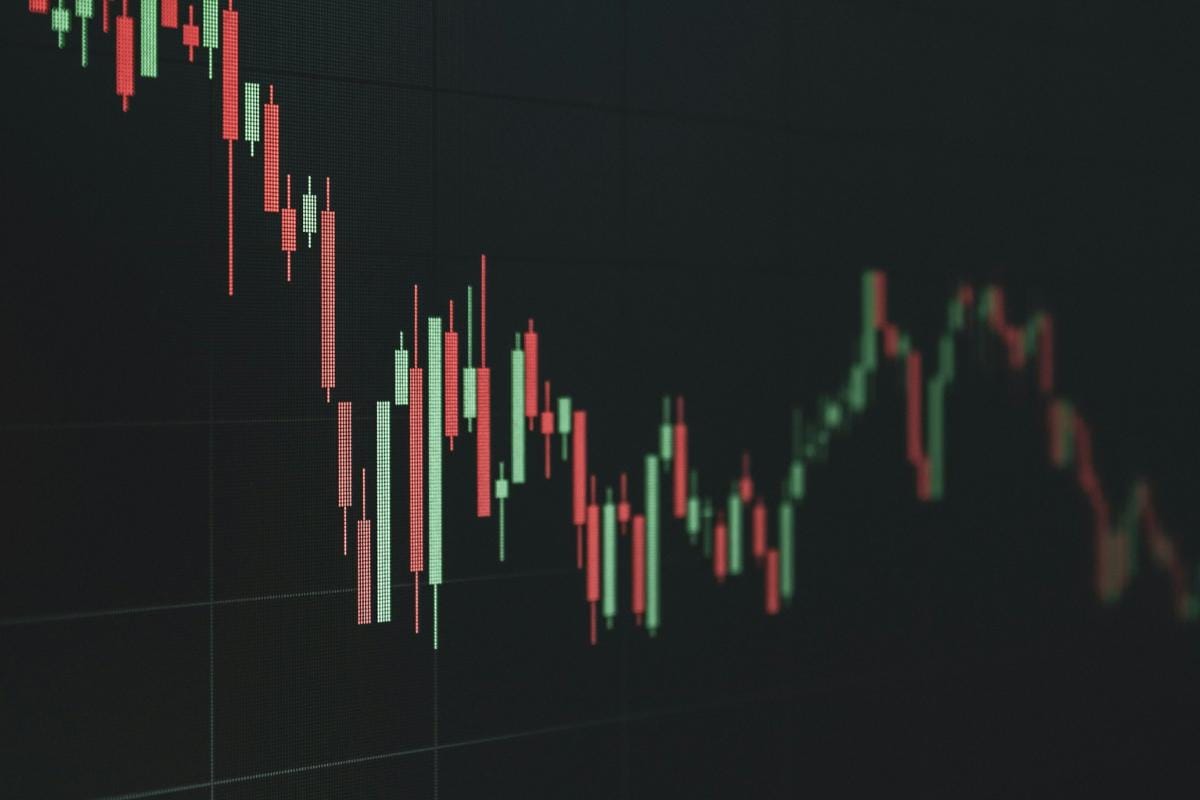“It has been nearly fifty years that developed markets haven’t experienced a similar inflation rise like in 2021-22. It becomes apparent that only major global events can cause such sharp rises in price. The response by all nations to the pandemic, which essentially meant shutting production and curtailing movement, had about the same effects as wars of the past.
“Friedman described inflation in a monetary world at equilibrium. That sort of inflation never truly materialised. The pandemic, along with high debt levels and a market dependency on low rates, threw the world decidedly off-balance.
“At the risk of angering the ghost of the great economist, our observations about this current bout of inflation are not monetarist in nature. We believe that
- When inflation is concerned, everyone is a novice. Especially since such a fast build-up of prices hasn’t happened in fifty years. This means that central banks and policymakers are likely to get it wrong before they get it right.
- Inflation is everywhere and always… different. Each major episode has significant differences from the past. It is really the fist time that this event did not involve some sort of general conflict, in over one century of data.
- Supply disruptions historically cause much more inflation than demand surges. This sort of inflation is caused mainly by disruptions, a major departure from the status quo. When western governments closed borders and shut off production, they were responding to a crisis, but they never thought they would have to deal with such a disruption.
“There’s a strong possibility we may see the end of the episode soon. We are already ten months into this event. Historically, all of the events described lasted about 11-14 months. This time, this should be more the case as no mid or post-war rebuilding is required. The underlying infrastructure has not been destroyed, just hobbled from erratic demand and supply. We have evidence that supply chains are mending and adapting.

“Vaccination levels are high in many parts of the world, and more cures are made available. One after another, western governments declare their intention to drop measures and movement limitations. In all probability, the “Great Lockdown” is well behind us. Meanwhile, unless the Ukrainian crisis escalates into a fully-fledged standoff between Russia and NATO, energy prices should start to come off.
“As for demand? We don’t feel that demand conditions will persist over the longer term. The current propensity towards higher wages is a confluence of pandemic-related dwindling labour supply and panic from rising supply-side inflation. As the pandemic recedes, both of these two factors should ease. As for consumer demand? We don’t have any evidence that would suggest that the pre-pandemic “Secular Stagnation” backdrop of consumer behaviour has changed materially.
“The larger question is whether there can be a global policy approach to repair damaged supply chains quickly. This would entail lifting travel banks, tariffs, taxes, barriers to facilitate a speedy recovery of goods and services in their pre-pandemic condition. We feel that, given the current geopolitical environment, this is a very low probability event. Thus, on the one hand, the rate by which prices rise could start to decline by the next quarter, if history is any guide. On the other, however, supply chains could take long to mend and overall price levels could remain elevated versus pre-pandemic numbers.”






![[uns] house of commons, parliament](https://ifamagazine.com/wp-content/uploads/wordpress-popular-posts/788873-featured-300x200.webp)


![[UNS] tax](https://ifamagazine.com/wp-content/uploads/wordpress-popular-posts/788955-featured-300x200.webp)




